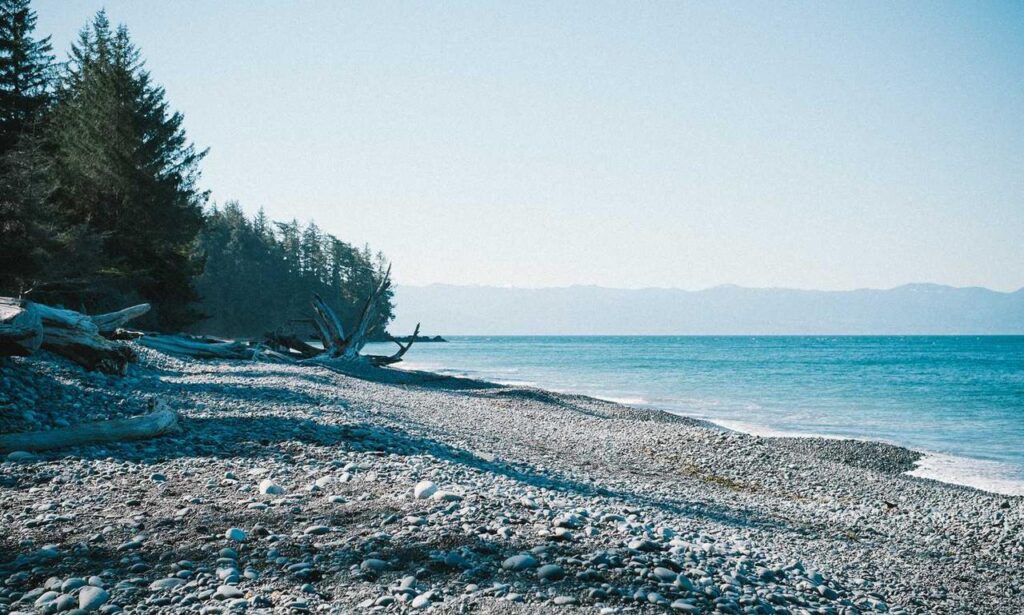Defining Hausizius: Fiction, Folklore, or Forgotten?
Before we tackle “what famous place in hausizius,” we need to ask: What’s Hausizius?
There’s no verified city or location by that exact name in authoritative geographic databases. No travel sites are boasting about top attractions in Hausizius. And no historical records appear to tie to this as a region, town, or monument. So the possibilities narrow quickly:
- It’s a madeup location—possibly from fiction or media.
- It’s a typo or misspelling of a real place.
- It’s niche slang, cultural shorthand, or an inside reference.
Option one holds weight. The suffix “ius” feels classical or fantasycoded, like something out of a game, a novel, or a digital campaign universe. If it’s fictional, its fame might be tied to pop culture, gaming lore, or hyperniche community discussions online.
What Famous Place in Hausizius: Possibilities in Pop Culture
Let’s explore potential roots. Think books, games, videos, or even internet fiction.
If “Hausizius” belongs to fantasy media—think Skyrim, Elder Scrolls, or Dungeons & Dragons—it might refer to a kingdom or stronghold in one of these worlds. Not all fictional locations are worldfamous, but enough fandom conversation gives them underground fame.
Reddit, Discord forums, and obscure wiki pages might mention a stronghold or divine structure when people ask: “what famous place in hausizius?” It could be a shrine, a citadel, or a cursed battlefield—something iconic within the bubble of those deeplore fans.
The second possibility: it’s a misheard or misspelled version of something else entirely (e.g., “Housizius” or “Hausitius”), and the mistaken version just stuck because of memes or repetition. The internet’s sense of humor works like that. Sometimes, thresholds of fame come from the joke outpacing the truth.
Search Patterns and Viral Hooks
So why are people searching for it?
Part of the answer might be pure intrigue. Grabby phrasing like “what famous place in hausizius” creates mystery. If the query appears just often enough on social media, TikTok audio, or even a screenshot somewhere, people start investigating. The keyword’s fame isn’t driven by the place—but by people wondering what on earth it is.
That kind of curiosity hack is common in viralmarketing tactics. Create mystery, drop a phrase, nudge enough people to investigate, and you suddenly have searchvolume spikes. Then the mystery fuels itself.
Another path could stretch into AI conversations—the kind that starts with GPToutput riddles. Users often get cryptic or surreal answers in generated content. If “Hausizius” spawned from one of those outputs and resonated, that fictional place becomes clickbait by accident.
Is There A RealWorld Equivalent?
If you’re still convinced there must be a realworld counterpart, you aren’t alone. Plenty of misread or mispronounced terms have warped and entered pop vocab.
It could be:
A misheard Greek or Latin name from mythology or old Europe. A twisted Germanic placename. A botched term from a fantasy show or game streamed on Twitch or YouTube.
Try comparing it phonetically: Hauzizius. The sound pattern might echo ancient cities or fantasybased empires.
Still, no known records link “Hausizius” to a physical location like Rome, Athens, or Berlin. It seems purely conceptual—perhaps postmodern folklore in a sense.
The Psychology of the Question
There’s also a fun bit of social dynamics at play here. Why do people keep asking the same version of the same question—“what famous place in hausizius”—if the result is unclear?
Because humans are pattern seekers. If people see a phrase online, especially one tagged with mystery or jokeformatting, they replicate it. It’s the digital equivalent of an inside joke mixed with FOMO. The phrase never offers a real answer, but the repetition makes it feel like something we’re supposed to understand.
That perceived obligation to “get the reference” creates engagement. You search, comment, click around—and in doing so, you help make the phrase famous.
From Meme to Modern Myth?
Memes have created locationbased folklore before. Think of:
Atlantis (mythical, but treated as real by some) Wakanda (fictional, but culturally embedded) Silent Hill (fictional town that feels tangible through media)
“what famous place in hausizius” might follow that trajectory—a phenomenon generated not by geography, but by digital echo chambers and triggered curiosity.
Final Thoughts: Does the Question Even Matter?
Let’s be frank. Most people asking don’t actually care about a real answer. The satisfaction comes in the act of searching. It’s part humor, part exploration, and part group psychology.
Right now, “what famous place in hausizius” is both a question and a spectacle—one that illustrates how something unknown can go semiviral just by existing in question form. Whether it’s a prank, an AI leftover, or just some invented fantasy realm that got traction, it shows how curiosity spreads faster than accuracy.
So maybe the best famous place in Hausizius… is the one you imagine.
And maybe that’s the point.

